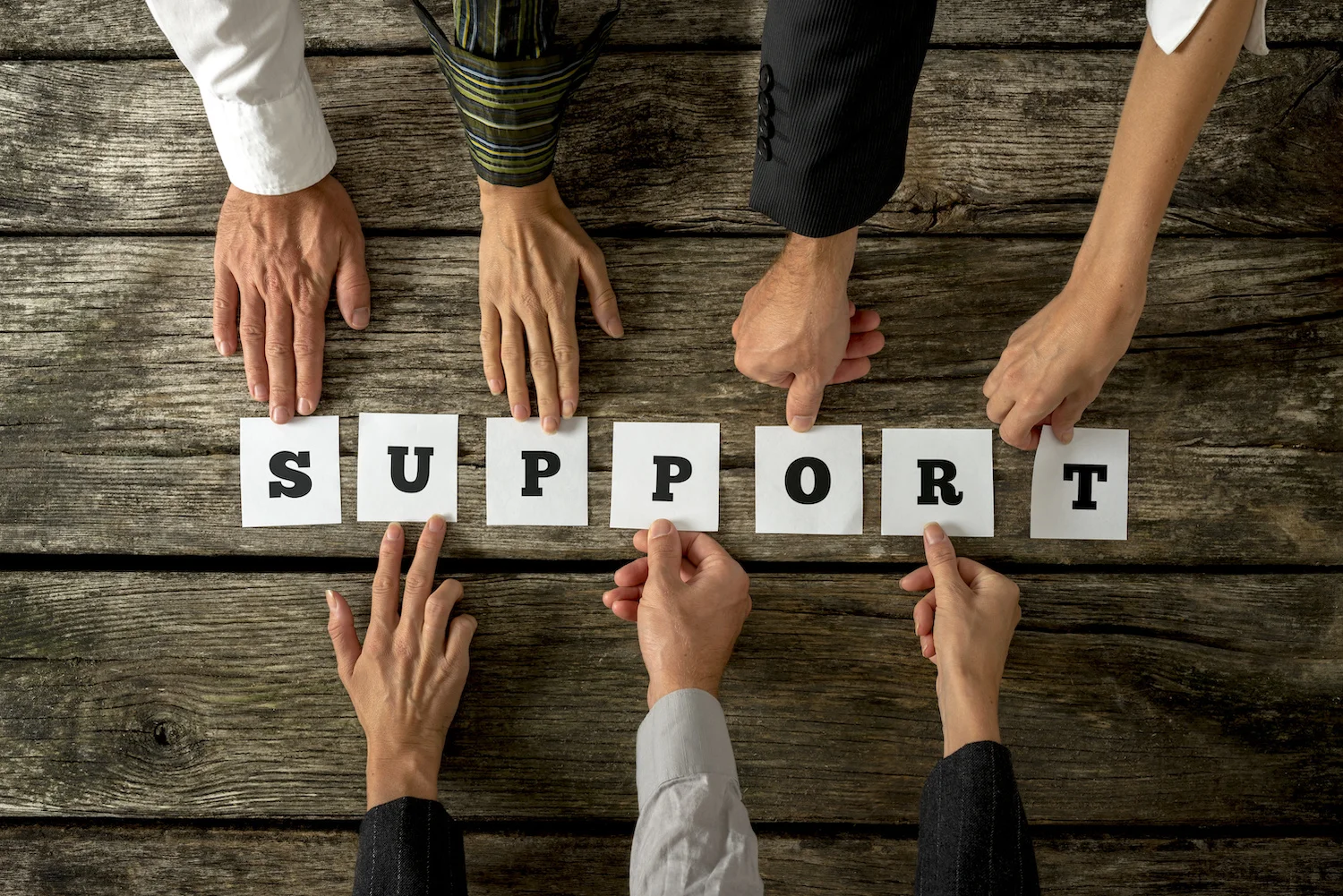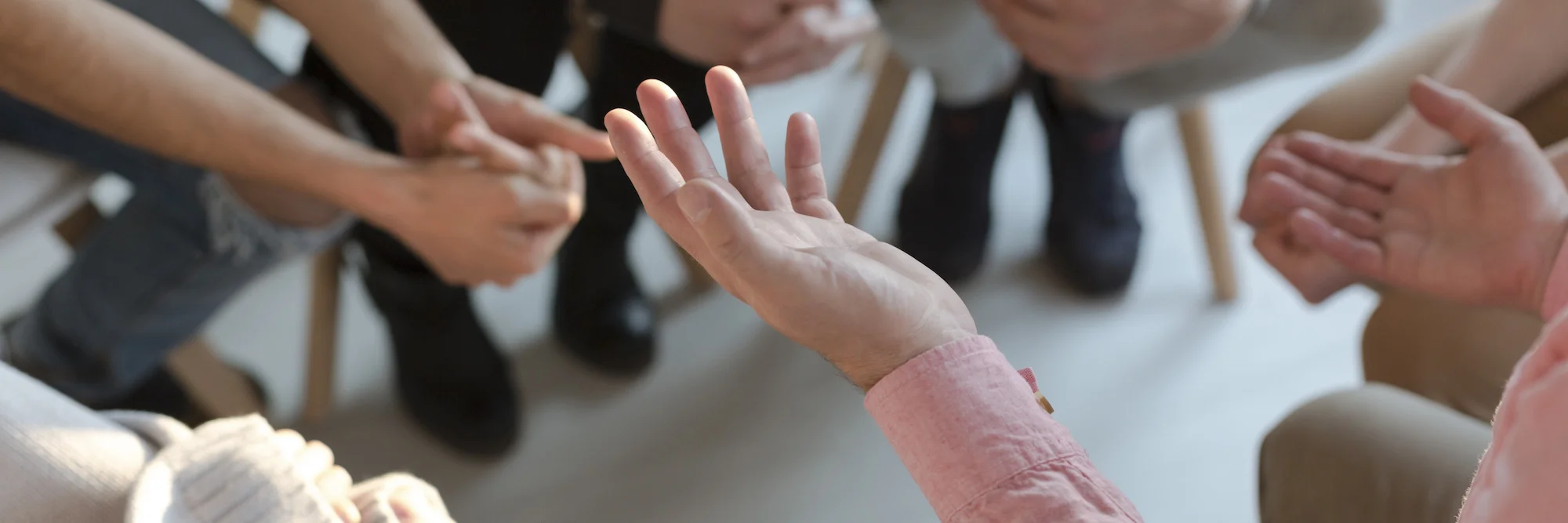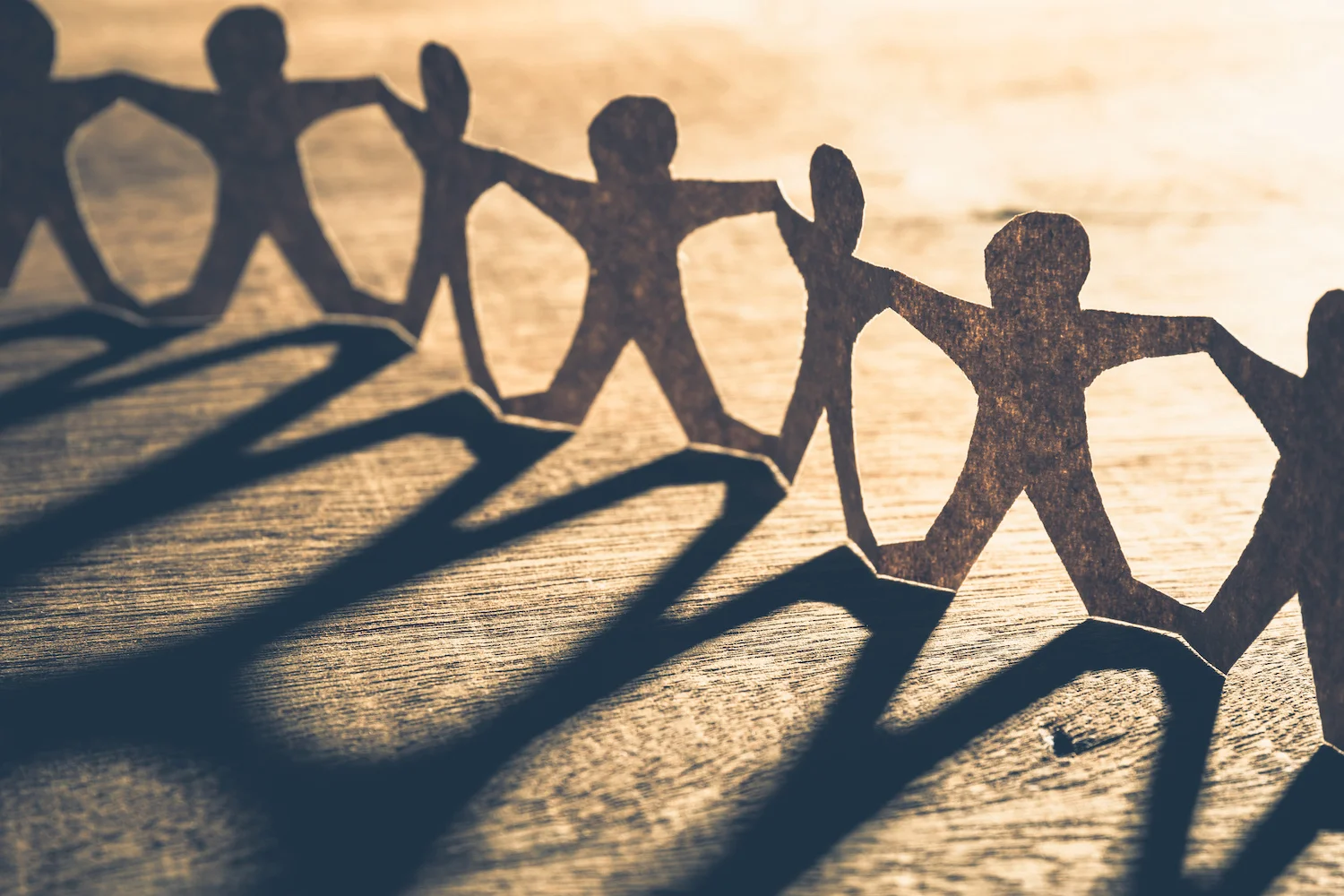The Problem
Many of us felt inadequate, unworthy, alone, and afraid. Our insides never matched what we saw on the outsides of others.
Early on, we came to feel disconnected—from parents, from peers, from ourselves. We tuned out with fantasy and masturbation. We plugged in by drinking in the pictures, the images, and pursuing the objects of our fantasies. We lusted and wanted to be lusted after.
We became true addicts: sex with self, promiscuity, adultery, dependency relationships, and more fantasy. We got it through the eyes; we bought it, we sold it, we traded it, we gave it away. We were addicted to the intrigue, the tease, the forbidden. The only way we knew to be free of it was to do it. “Please connect with me and make me whole!” we cried with outstretched arms. Lusting after the Big Fix, we gave away our power to others.
This produced guilt, self-hatred, remorse, emptiness, and pain, and we were driven ever inward, away from reality, away from love, lost inside ourselves.
Our habit made true intimacy impossible. We could never know real union with another because we were addicted to the unreal. We went for the “chemistry,” the connection that had the magic, because it by-passed intimacy and true union. Fantasy corrupted the real; lust killed love.
First addicts, then love cripples, we took from others to fill up what was lacking in ourselves. Conning ourselves time and again that the next one would save us, we were really losing our lives.
The Solution
We saw that our problem was three-fold: physical, emotional, and spiritual. Healing had to come about in all three.
The crucial change in attitude began when we admitted we were powerless, that our habit had us whipped. We came to meetings and withdrew from our habit. For some, this meant no sex with themselves or others, including not getting into relationships. For others it meant “drying out” and not having sex with the spouse for a time to recover from lust.
We discovered that we could stop, that not feeding the hunger didn’t kill us, that sex was indeed optional! There was hope for freedom, and we began to feel alive. Encouraged to continue, we turned more and more away from our isolating obsession with sex and self and turned to God and others.
All this was scary. We couldn’t see the path ahead, except that others had gone that way before. Each new step of surrender felt it would be off the edge into oblivion, but we took it. And instead of killing us, surrender was killing the obsession! We had stepped into the light, into a whole new way of life.
The fellowship gave us monitoring and support to keep us from being overwhelmed, a safe haven where we could finally face ourselves. Instead of covering our feelings with compulsive sex, we began exposing the roots of our spiritual emptiness and hunger. And the healing began.
As we faced our defects, we became willing to change; surrendering them broke the power they had over us. We began to be more comfortable with ourselves and others for the first time without our “drug.”
Forgiving all who had injured us, and without injuring others, we tried to right our own wrongs. At each amends more of the dreadful load of guilt dropped from our shoulders, until we could lift our heads, look the world in the eye, and stand free.
We began practicing a positive sobriety, taking the actions of love to improve our relations with others. We were learning how to give; and the measure we gave was the measure we got back. We were finding what none of the substitutes had ever supplied. We were making the real Connection. We were home.
© 1982, 1989, 2001 SA Literature.
Reprinted with permission of SA Literature.
Who are we?
Sexaholics Anonymous is a fellowship of men and women who share their experience, strength, and hope with each other that they may solve their common problem and help others to recover. The only requirement for membership is a desire to stop lusting and become sexually sober. There are no dues or fees for SA membership; we are self-supporting through our own contributions. SA is not allied with any sect, denomination, politics, organization, or institution; does not wish to engage in any controversy; neither endorses nor opposes any causes. Our primary purpose is to stay sexually sober and help others to achieve sexual sobriety.*
Sexaholics Anonymous is a recovery program based on the principles of Alcoholics Anonymous and received permission from AA to use its Twelve Steps and Twelve Traditions in 1979.
*Adapted with permission from The AA Grapevine, Inc.
SA adaptation © 1982, 1989, 2001 SA Literature.
Reprinted with permission of SA Literature.
Sexaholics Anonymous: Our definition of Sobriety
We have a solution. We don't claim it's for everybody, but for us, it works. If you identify with us and think you may share our problem, we'd like to share our solution with you (Sexaholics Anonymous, 2).
In defining sobriety, we do not speak for those outside Sexaholics Anonymous. We can only speak for ourselves. Thus, for the married sexaholic, sexual sobriety means having no form of sex with self or with persons other than the spouse. In SA's sobriety definition, the term "spouse" refers to one’s partner in a marriage between a man and a woman. For the unmarried sexaholic, sexual sobriety means freedom from sex of any kind. And for all of us, single and married alike, sexual sobriety also includes progressive victory over lust (Sexaholics Anonymous 191-192).
Passed by the General Delegate Assembly February 2010
The only requirement for SA membership is a desire to stop lusting and become sexually sober according to the SA sobriety definition.
Any two or more sexaholics gathered together for SA sobriety according to the SA sobriety definition may call themselves an SA group.
Meetings that do not adhere to and follow Sexaholics Anonymous' sobriety statement as set forth in the foregoing Statement of Principle adopted by the General Delegate Assembly in 2010 are not SA meetings and shall not call themselves SA meetings.
Addendum to the Statement of Principle passed by the General Delegate Assembly on July 2016.
The Twelve Steps
We admitted that we were powerless over lust—that our lives had become unmanageable.
Came to believe that a Power greater than ourselves could restore us to sanity.
Made a decision to turn our will and our lives over to the care of God as we understood Him.
Made a searching and fearless moral inventory of ourselves.
Admitted to God, to ourselves, and to another human being the exact nature of our wrongs.
Were entirely ready to have God remove all these defects of character.
Humbly asked Him to remove our shortcomings.
Made a list of all persons we had harmed, and became willing to make amends to them all.
Made direct amends to such people wherever possible, except when to do so would injure them or others.
Continued to take personal inventory and when we were wrong, promptly admitted it.
Sought through prayer and meditation to improve our conscious contact with God as we understood Him, praying only for knowledge of His will for us and the power to carry that out.
Having had a spiritual awakening as the result of these Steps, we tried to carry this message to sexaholics, and to practice these principles in all our affairs.
The Twelve Traditions
Our common welfare should come first; personal recovery depends on SA unity.
For our group purpose there is but one ultimate authority—a loving God as He may express Himself in our group conscience. Our leaders are but trusted servants; they do not govern.
The only requirement for membership is a desire to stop lusting and become sexually sober.
Each group should be autonomous except in matters affecting other groups or Sexaholics Anonymous as a whole.
Each group has but one primary purpose—to carry its message to the sexaholic who still suffers.
An SA group ought never endorse, finance, or lend the SA name to any related facility or outside enterprise, lest problems of money, property, and prestige divert us from our primary purpose.
Every SA group ought to be fully self-supporting, declining outside contributions.
Sexaholics Anonymous should remain forever non-professional, but our service centers may employ special workers.
SA, as such, ought never be organized; but we may create service boards or committees directly responsible to those they serve.
Sexaholics Anonymous has no opinion on outside issues; hence the SA name ought never be drawn into public controversy.
Our public relations policy is based on attraction rather than promotion; we need always maintain personal anonymity at the level of press, radio, films, and TV.
Anonymity is the spiritual foundation of all our traditions, ever reminding us to place principles before personalities.
The Twelve Steps and Traditions are adapted with permission of Alcoholics Anonymous World Services, Inc. (“AAWS”). Permission to adapt and reprint the Twelve Steps and Twelve Traditions does not mean that AAWS has approved the contents, of this publication, nor that AAWS agrees with the views expressed herein. AA is a program of recovery from alcoholism only. Use of the Twelve Steps and Twelve Traditions in connection with programs which are patterned after AA, but which address other problems, or in any other non-AA context, does not imply otherwise.
SA adaptation © 1982, 1984, 1989, 2001 SA Literature.
Reprinted with permission of SA Literature.



